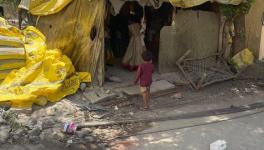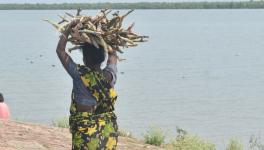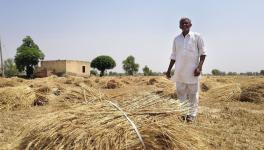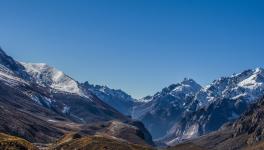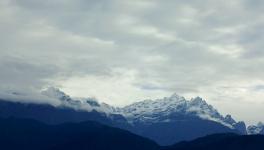First International Delta Summit in Kolkata to Focus on River Sustainability
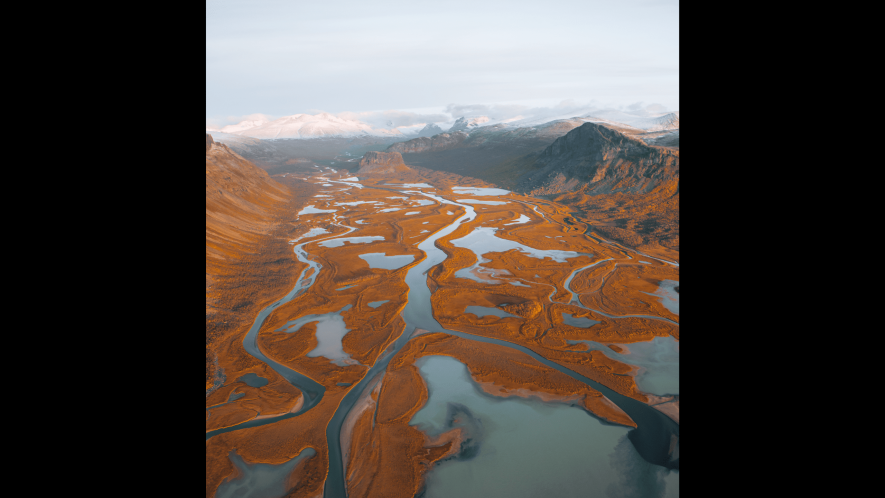
Deltas are home to diverse communities, rich biodiversity, and essential ecosystem services that support the livelihoods of millions.
Kolkata: The first International Delta Summit will be held at the IPCL Auditorium, in Salt Lake, from June 16 to 17 to prepare a strategy for a sustainable river delta management plan and to increase awareness about rivers and their relevance.
The Centre for River Affairs (CRA) unit of the South Asian Institute for Advanced Research & Development (SAIARD)—a Kolkata-based autonomous academic and research institute—will organise the summit in association with Jadavpur University, NMCG-Ministry of Jal Shakti, NIUA, IIPA and New Delhi-based Climate Trends.
Renowned international experts and scientists will share their insights into the urgency and vulnerability of deltas, discuss and explore best practices, identify gaps and challenges and foster collaboration.
“Deltas are centers of economic activity with ports, industries, and agriculture driving growth and development. They are hubs of innovation, cultural exchange and scientific exploration,” SAIARD chairman Biswajit Roychowdhury told Newsclick.
“By harnessing delta communities' inherent resilience and adaptive capacity, we can forge a path towards sustainable and inclusive development,” he added.
The summit “represents a significant milestone in our collective efforts to address the pressing challenges and opportunities faced by delta regions across the globe”, he said.
The summit is also expected to discuss various themes, including climate change adaptation, sustainable infrastructure, disaster risk reduction, water management, biodiversity conservation and community engagement.
Professor Tuhin Ghosh, the director of the School of Oceanographic Studies, Jadavpur University, said the summit would be the “first of its kind with a focus on the nuance of data”.
“We want to advocate for the concerned people regarding delta study's importance. It will help to find a solution towards mitigating climate change impact vis-à-vis the well-being of the delta community,” he added.
Deltas are unique ecosystems at the confluence of rivers and oceans, serving as a vital bridge between land and sea. They are home to diverse communities, rich biodiversity, and essential ecosystem services that support the livelihoods of millions. The Sundarban region is the nearest delta to Kolkata, home to more than five million people facing unprecedented threats.
Threats of Climate Change
According to the Intergovernmental Panel on Climate Change (IPCC), rising sea levels are expected to cause saltwater intrusion into aquifers in low-lying regions and tiny islands, posing a hazard to coastal ecosystems and livelihoods. These changes for the Sundarbans, the world’s largest delta region, would severely impact livelihoods as fish loss and rising salinity make agriculture more difficult.
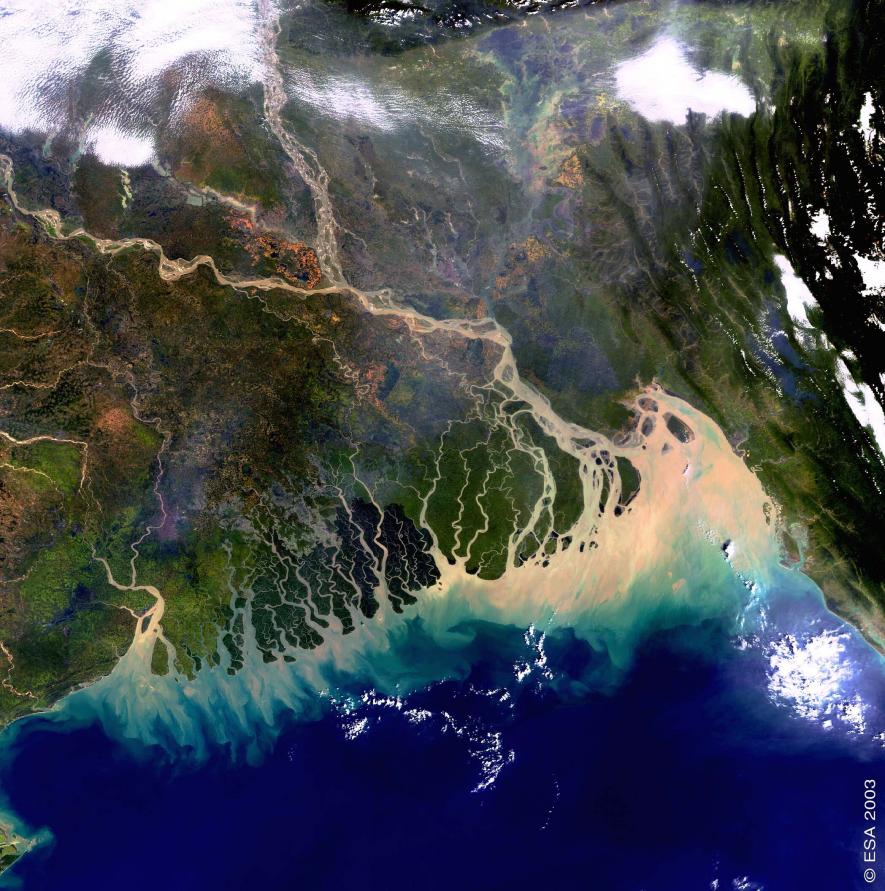
Delta cities like Kolkata are among the top 10 globally facing the most dangerous multi-hazard risks and most vulnerable to disaster-related mortality. Higher temperatures are predicted to severely influence the riverine system when glaciers melt, causing the risk of increased floods and the threat of erosion in low-lying areas and the Bengal Himalayan region.
The vagaries of climate change are impacting the developing world, and the increasing number of disasters in the Indo-Gangetic Delta region clearly indicates the increasing impact of climate change on its highly vulnerable communities. Rapid urbanisation, population growth, and unsustainable practices are putting immense pressure on these delicate environments.
Socio-Economic Threat
Deltas are a means of livelihood for a large number of people. The transboundary zone, which connects the land with the ocean, is the focal point of major geopolitical issues and a bowl of the maximum percentage of the world’s natural resources and green energy. They link us to people and their civilisations and are the only source which can help increase the natural landscape of a country.
Unfortunately, these valuable natural landscapes are under threat due to mismanagement and unscientific practices. Many islands or natural landscapes have vanished due to unscientific human encroachments, government policies and fallacies.
A sustainable delta management plan and its proper implementation are urgently needed to restore and rejuvenate their natural conditions and get the maximum benefit from the available resources through appropriate resource mobilisation as that can support the livelihood development of deltaic people.
Get the latest reports & analysis with people's perspective on Protests, movements & deep analytical videos, discussions of the current affairs in your Telegram app. Subscribe to NewsClick's Telegram channel & get Real-Time updates on stories, as they get published on our website.










